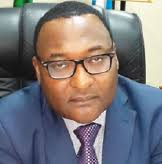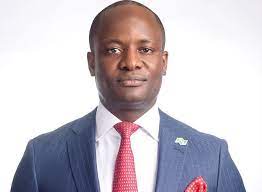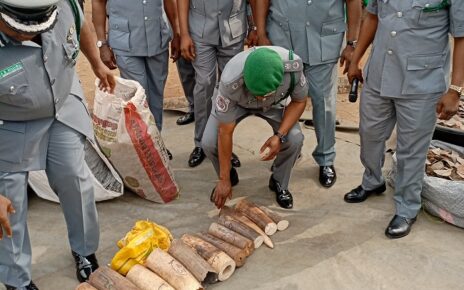The Minister of Communications, Innovation, and Digital Economy, Dr. Bosun Tijani, has estimated that the construction of fibre optic cables in Nigeria will require about $2 billion investment.
Tijani, who gave this hint when he featured as a guest on Channels Television’s Politics Today programme on Tuesday, said that his ministry, working in collaboration with the Nigerian Communication Commission (NCC), had identified fibre optics as a major priority to improve the quality of communication service in the country.
According to him, the Federal Government has already constructed about 35, 000 kilometres of fibre optics cable nationwide out of the about 95,000 kilometres to ensure complete coverage of the country.
He explained: “I understand, as a minister, that if we prioritize fibre optic cables in this country, the quality of service, whether it’s through your normal mobile telephone or the internet service you use at home, is going to go off the roof, and that’s the commitment I’m also making.
“In the next four years, we are going to do everything to increase the kilometres of fibre optic cables in Nigeria. We are about 35, 000 kilometres away, and we need to go to 95,000 kilometres, almost halfway there.
“It is going to cost roughly $1.5 to $2 billion to wire the whole of Nigeria to reach that 95, 000.
“We hope we can accelerate in the next 6 to 12 months, secure that funding that private companies can tap into—it’s not government money—and hopefully work with serious companies that can lay fibre over the next two to three years.
“We’re hoping that before the first four years of this administration, a significant portion of that 95, 000 kilometres will be covered” the minister added.
The Minister further disclosed that government was working to improve the country’s infrastructure structures of the 5G network and that there was still a need for developments to support such a high-quality network in the country.
Noting that whereas such infrastructure are currently available in some locations in the country, many people still experience low-quality of 5G networks due to weak infrastructure support.
Tijani expatiated: “The infrastructure that drives 5G is not something that is across the nation. We do in some places. So, if you subscribe to 5G and you move into locations where the infrastructure cannot support it, of course, the quality will drop. 5G exists in Nigeria and there are telcos with the licence.”




